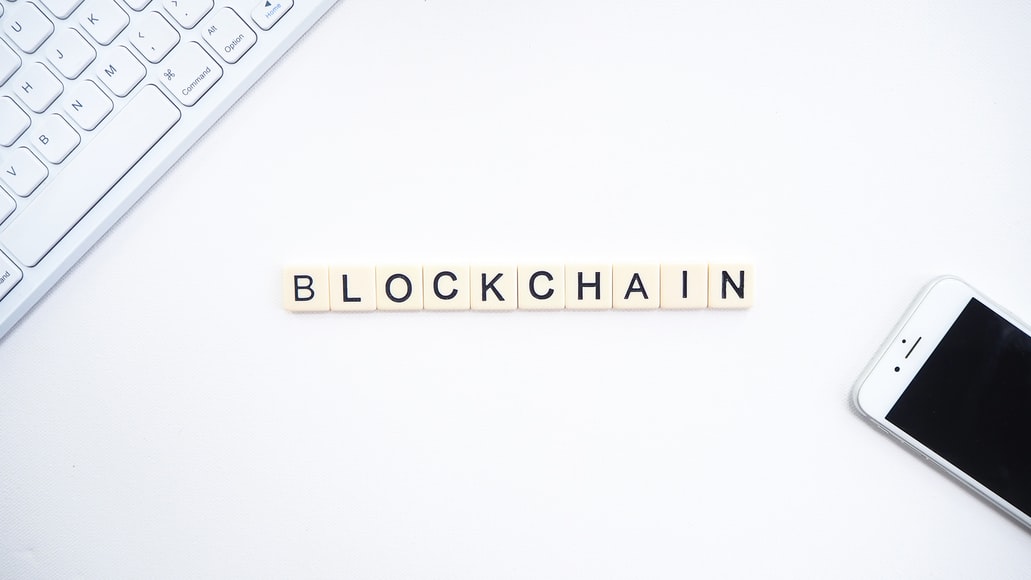
When you hear blockchain, you may automatically think about cryptocurrencies. And indeed – crypto depends on the blockchain, but the blockchain itself is much more complex. What can it serve for, and what are its advantages in the context of fintech?
Fintech is a sector that requires a particularly innovative approach to product development. To meet the users’ expectations, the entrepreneurs have to constantly stay alert, following the changing rules of the game. And they change fast since the finance world is undergoing a crypto revolution.
Cryptocurrencies are nothing new, and neither is the blockchain technology used in crypto transactions. However, it has started gaining widespread popularity only a few years ago. Today, blockchain is an increasingly popular alternative to centralized data structures, and blockchain development is one of the most dynamically growing outsourcing niches.
No wonder that more and more big players on the fintech market are open for cryptocurrencies, offering tailor-made solutions for those who buy, sell, and spend altcoins.
What is blockchain?

Without blockchain, cryptocurrencies wouldn’t exist. Bitcoin and other altcoins rely on it, and that’s where their revolutionizing potential comes from. Blockchain technology enables applying an alternative architecture of data storage, radically different from traditional centralized systems. In a nutshell, blockchain is a distributed and decentralized database storing encrypted data.
Benefits of blockchain in fintech

The decentralization – the core feature of blockchain – makes it transparent yet secure at the same time. How is that possible?
Since data is distributed instead of stored in one central database (e.g. a bank), it’s available to the users without the restrictions imposed by the administrator. At the same time, the distributed ledger makes life complicated for hackers. Data extortion from the decentralized database is a hard nut to crack, contrary to the centralized structures.
Aside from security and transparency, blockchain guarantees improved traceability. Since every block in the chain stores information on all the previous transactions on events, it’s easy to access and identify it. The immutability of the blocks facilitates auditing and identifying bugs.
Whether you’re looking to make money transfers within your app safer or speed up the validation of transactions on your platform, blockchain may be an answer to your current issues. To switch to the decentralized database, it’s worth reaching out for support to the blockchain software development company. The outsourced blockchain development services are a perfect solution that will allow you to introduce an innovation fast at the lowest cost.
Read Also:






